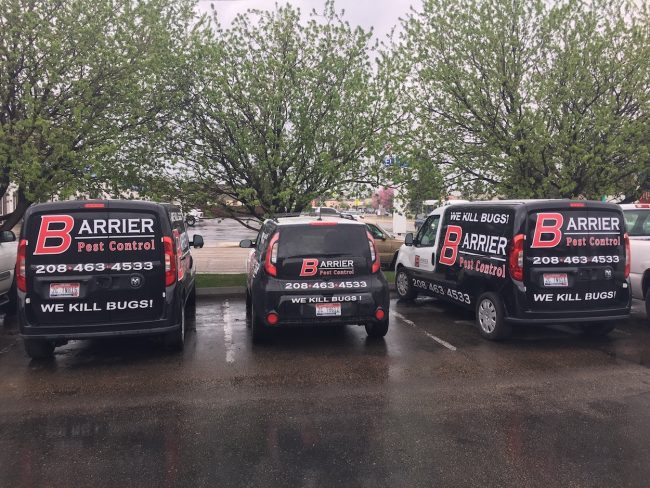
Our day-to-day living is currently a bit chaotic. No matter who you speak with, it seems everyone has a strong opinion about how their state should handle the outbreak of the Coronavirus. Do we self isolate? Do we continue to go to work and school? How much should we alter our lives?
Regardless of how each of us may feel with regards to these questions, the fact remains that two days ago, Governor Brad Little announced a stay-home order for the state of Idaho for 21 days. This order tells Idahoans, among other things, that certain businesses are to close their doors for 21 days. The order also states that some businesses are “essential” for their vital contribution to the continuation of our health, safety, and way of life. So how do you decide what businesses are essential or non-essential?
On March 19th, the federal government determined in a memorandum entitled “MEMORANDUM ON IDENTIFICATION OF ESSENTIAL CRITICAL INFRASTRUCTURE WORKERS DURING COVID-19 RESPONSE” that “Workers such as….exterminators…. provide services that are necessary to maintaining the safety, sanitation, and essential operation of residences.” (see https://www.cisa.gov/publication/guidance-essential-critical-infrastructure-workforce)
Yesterday, Governor Little made the same determination by specifically mentioning “exterminators” among other businesses, as essential. (see https://coronavirus.idaho.gov/wp-content/uploads/sites/127/2020/03/IdahoEssentialServices_updated.pdf)
One (of many) simple reason that both state and federal governments have made this determination is due to the fact that many spiders, insects, and rodents are vectors for disease. If these pests are left untreated, infestations spike: Which places our communities at risk of unnecessary exposure to disease.
Here’s an example: Let’s say pest control wasn’t considered an “essential” business. So, we shut down the pest control industry for the recommended time frame (Idaho’s stay-home order is in effect for 21 days). That may not seem like long, but let’s take a look at the ramifications: A female house mouse can give birth every 21 days to anywhere between 3-14 pups. Let’s say your pest control company was actively treating a new infestation, then service was put on hold. A home with just 3 female mice could potentially have 63 new pups within the 21-day quarantine! Feces would be carried throughout the home, pantry, and kitchen. For anyone with asthma, this poses a serious health and safety concern. Think of what could happen in other areas, like supermarkets, food distribution areas, nursing homes, or restaurants that would be left untreated—and that’s just mice! Other pests carry a variety of diseases and bacteria like Salmonella and E. Coli. In this light, we begin to see why the pest control industry is vital to the safety and health of our communities. Thankfully, our leaders have recognized exterminators as “essential.”
This trouble is temporary, and soon this will all be but a tragic and unpleasant memory—but we will get through this together! We at Barrier Pest Control are committed to keeping your family safe through this crisis. We appreciate your support and are grateful to be in the company of such wonderful customers!
